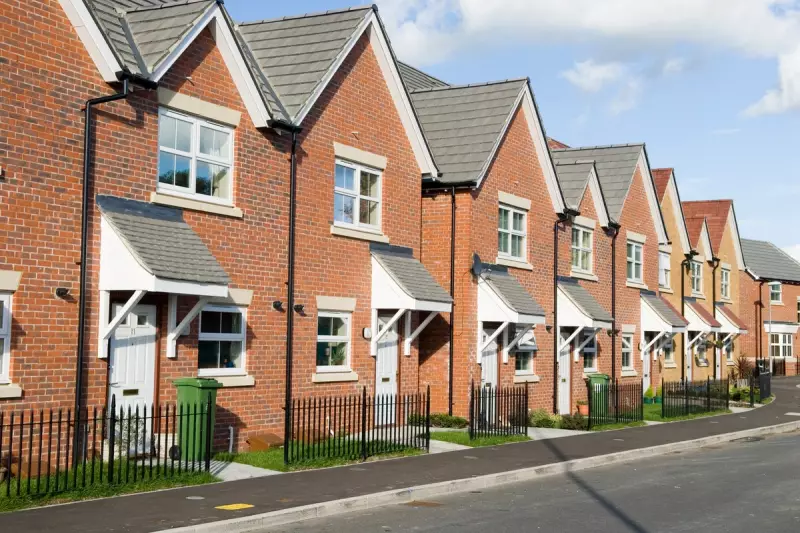
Local authorities across England are raising the alarm over a catastrophic collapse in housebuilding, with new construction projects plummeting to levels not witnessed since the immediate post-war era.
Shocking new figures compiled by the Local Government Association (LGA) reveal that the number of new housing projects given the green light has crashed dramatically. This alarming trend signals a deepening of the nation's already severe housing crisis, putting immense pressure on the new government to deliver on its ambitious building promises.
A Nation Falling Drastically Short
The data paints a bleak picture. In the last year, only 4,000 new social rent homes were started by councils and housing associations—a figure that falls catastrophically short of the estimated 90,000 needed annually to even begin addressing the shortage.
Overall housing construction is faring no better. The LGA reports that building has slumped to its lowest rate since the Second World War, with housing completions remaining stubbornly below 250,000 a year. This places the government's flagship target of building 300,000 new homes a year further out of reach than ever.
The Planning Permission Paradox
In a troubling paradox, the research highlights a significant disconnect between planning permissions granted and homes actually built. Councils are approving a record number of planning applications, with over 1.1 million homes given the go-ahead in the past three years alone. Yet, a staggering three-in-ten of these approved homes remain unbuilt.
This suggests the crisis is not rooted in the planning system itself, but in deeper structural issues within the construction industry and development sector.
Call for Immediate Powers and Investment
The LGA is urgently calling on Westminster to empower local authorities to directly address the shortfall. Key demands include:
- Immediate lifting of the housing revenue account borrowing cap to allow councils to fund a new generation of social housing.
- Reform of the Right to Buy scheme, enabling local governments to retain 100% of sales receipts to fund replacement homes.
- Greater flexibility in the use of Right to Buy receipts to accelerate building programmes.
- Increased investment in planning departments to ensure they have the resources to handle complex applications efficiently.
The message from town halls is clear: without decisive central government action and a fundamental shift in policy, the dream of affordable, secure housing for millions of Britons will remain just that—a dream.





